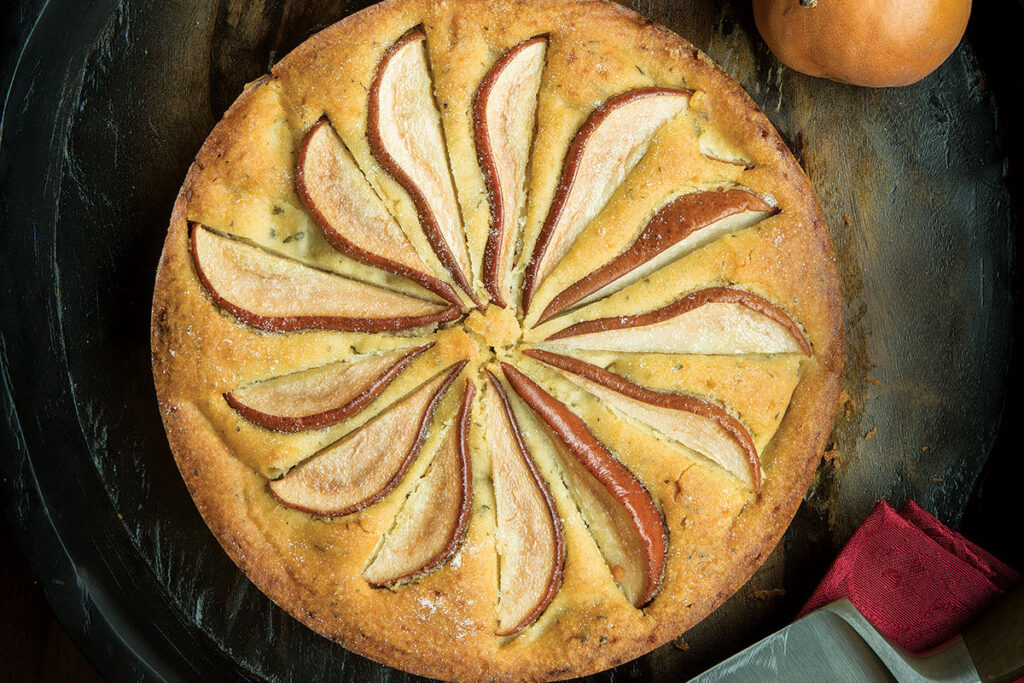Advertisement
Heart-Healthy Treats
Baking with olive oil

Taking care of your heart and cardiovascular health can mean letting go of a few true food loves— namely buttery, indulgent treats. By replacing bad-for-you fats with heart-healthy olive oil, you can indulge without sacrificing your health goals.
The Mediterranean diet is known for its cardiovascular-health-promoting menu, including plenty of olive oil. Baking with the golden nectar transforms cakes, cookies, and breads into mildly fruity, not-too-sweet creations. Producing lighter-tasting baked goods than butter, olive oil still supplies the tender, “buttery” crumb we know and love, while being high in healthy monounsaturated fat. Plus, you need about one-quarter less olive oil than you do butter when baking, slightly reducing overall fat amounts.
While increasing our olive oil consumption strictly in the form of desserts is not recommended (but wouldn’t that be nice?), a few treats here and there can make the transition to a heart-healthy diet all the more fun. Accented with whole grains, nuts, fruits, and a little bit of dark chocolate, olive oil baked goods feel worthy of a special occasion-—or a plain old Tuesday night. Surprise, delight, and nourish those you love by baking classic treats made with heart-healthy olive oil.
Advertisement
Did you know?
When baking heart-healthy treats, olive oil can easily be swapped in for other liquid oils, such as canola or grapeseed, in baking. Note that the taste it imparts is slightly stronger unless using a light variety. Try this when making granola, muffins, and breads.
For a dairy-free change, recipes using melted butter, such as brownies and press-in pie crusts, can easily be made with olive oil instead. For recipes where the butter remains solid, replace each 1/4 cup (60 mL) solid butter with 3 Tbsp (45 mL) olive oil (three-quarters of the butter measurement).
Advertisement
Recipes
- Gluten-Free Olive Oil Cake with Pears and Thyme
- Toasted Almond and Orange Chocolate Chip Cookies
- Whole Wheat Morning Glory Bread
- Brownies with Dried Cherries and Walnuts
- Honeyed Fruit Tart with Spelt Crust
Advertisement
How to store olive oil
Store olive oil in a cool, dark place, such as your pantry, out of any sort of direct light or heat source. Keep the oil in its original dark glass bottle, tightly sealed.
Advertisement
How to buy olive oil
Go for extra virgin
Extra-virgin olive oil is produced by the first cold pressing of the olives, delivering the roundest taste and most health benefits (as there is no heat or chemicals involved). It’s more fragile to heat than lighter varieties, so turn the temperature down if using it to sauté.
Choose dark glass bottles
Olive oil is sensitive to heat and light. A dark glass bottle protects the oil’s health properties and flavour from these environmental factors during transportation and storage.
Look at the expiry date
Olive oil is a perishable good. If you can’t find an expiry date or the bottle you’re holding has expired, put it back on the shelf.





